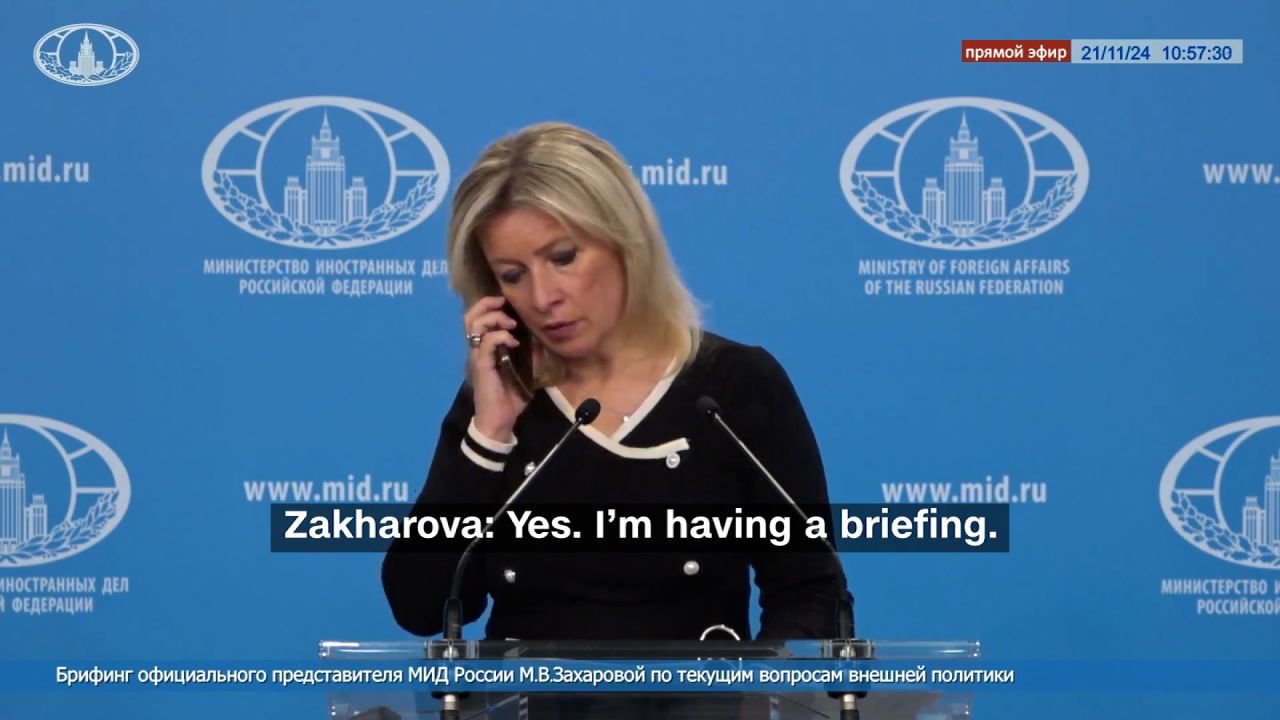What we're covering
• Dnipro strike: Ukraine’s military has accused Russia of launching an intercontinental ballistic missile in an attack on the city of Dnipro. The air force did not say what kind of ICBM was deployed, and CNN has not been able to verify the claim. Two Western officials said it was a ballistic missile, but not an ICBM.
• Ukraine fires new long-range missiles: Ukraine launched British-French-made Storm Shadow missiles at targets inside Russia for the first time, a day after its first firing of US-made longer-range missiles into Russian territory, according to reports.
• Renewed instability: Ukraine’s front lines are “less stable” than at any point since the earliest stages of Russia’s full-scale invasion more than 1,000 days ago, a UK military intelligence agency warned.
• US embassy reopens: The US embassy in Kyiv resumed services after after shutting down for a day based on a “possible threat of a significant attack.” Ukraine said Russia staged an “information and psychological attack” by spreading a fake warning of an air attack on the city.


















